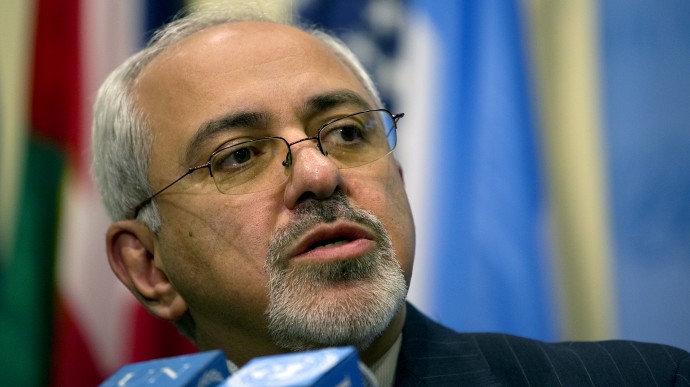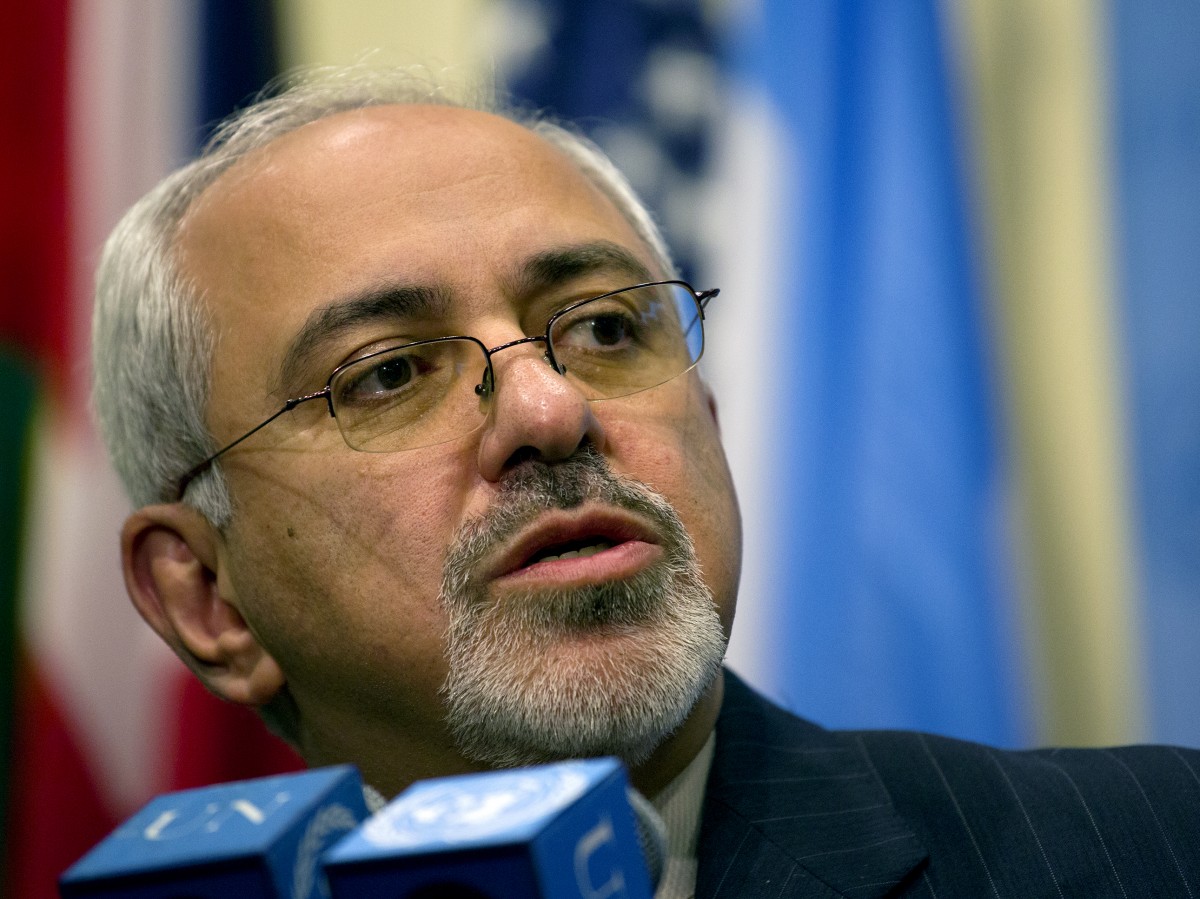
GENEVA (AP) — Iran’s plan to cap some of the country’s atomic activities in exchange for selective relief from crippling economic sanctions has been accepted by six world powers, the country’s chief nuclear negotiator said Thursday.
The upbeat comments from Abbas Araghchi, reported by Iranian state TV, suggest that negotiators in Geneva are moving from broad discussions over a nuclear deal to specific steps limiting Tehran’s ability to make atomic weapons. In return, Iran would start getting relief from sanctions that have hit its economy hard.
“Today, they clearly said that they accept the proposed framework by Iran,” Araghchi said.
Though he described the negotiations as “very difficult,” he said he expected agreement on details by Friday, the last scheduled round of the current talks.
International negotiators, representing the United States, Russia, China, Britain, France and Germany, declined to comment on Araghchi’s statement.
The last round of talks three weeks ago reached agreement on a framework of possible discussion points. The two sides kicked off Thursday’s round focused on getting to a “first step” — described by Western negotiators as an initial curb on uranium enrichment and other activities.
Though Tehran says it needs to do this work for peaceful purposes, the United States and its allies fear that Iran could turn it to use to arm warheads with fissile material.
The initial encounter broke about an hour after it began, possibly to allow consideration of ideas presented by the two sides. European Union spokesman Michael Mann called it a “good opening session.”
Before the talks, Iranian Foreign Minister Mohammad Javad Zarif met with top EU diplomat Catherine Ashton, who is convening the meeting. He said the two agreed to meet again in the afternoon.
Asked afterward about the chances of agreement on initial steps this week, Zarif told reporters: “If everyone tries their best, we may have one.”
After nearly a decade of deadlock, Iran seems more amenable to making concessions to the six countries. Iran’s new president, Hassan Rouhani, has indicated he could cut back on the nuclear program in exchange for an easing of sanctions.
Despite the seemingly calmer political backdrop, issues remain.
Iranian hard-liners, for example, want significant sanctions reductions in exchange for scaling back enrichment, while some U.S. lawmakers want the enrichment to stop altogether in exchange for loosening the sanctions.
Officials from two of the delegations said the sanctions relief on offer at this meeting will be limited and is unlikely to affect the core sanctions on Iran’s oil and finance sectors unless Tehran makes sweeping concessions, which is thought to be unlikely.
One negotiating point is expected to center on Iran’s production of uranium enriched to 20 percent — a level that is only a technical step short of weapons grade material. Iranian officials have hinted they are ready to discuss Western demands both for a production stop and of turning stockpiles into a form that is difficult to use for nuclear arms.
Though that would not, in itself, be sufficient to ease oil and finance sanctions, diplomats have previously said initial sanctions rollbacks could free Iranian funds in overseas accounts, and allow trade in gold and petrochemicals.
The negotiators might also test Iran’s commitment by waiting — possibly for as long as six months — after an agreement before applying sanctions relief. And the sanctions could be easily reapplied should Iran renege on commitments it makes in Geneva.
The officials demanded anonymity as the condition for discussing details of the closed negotiations.


